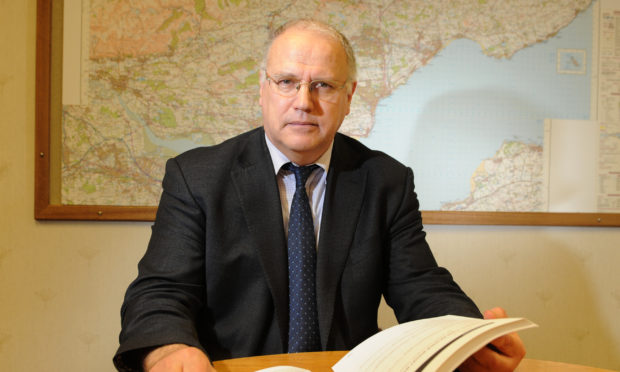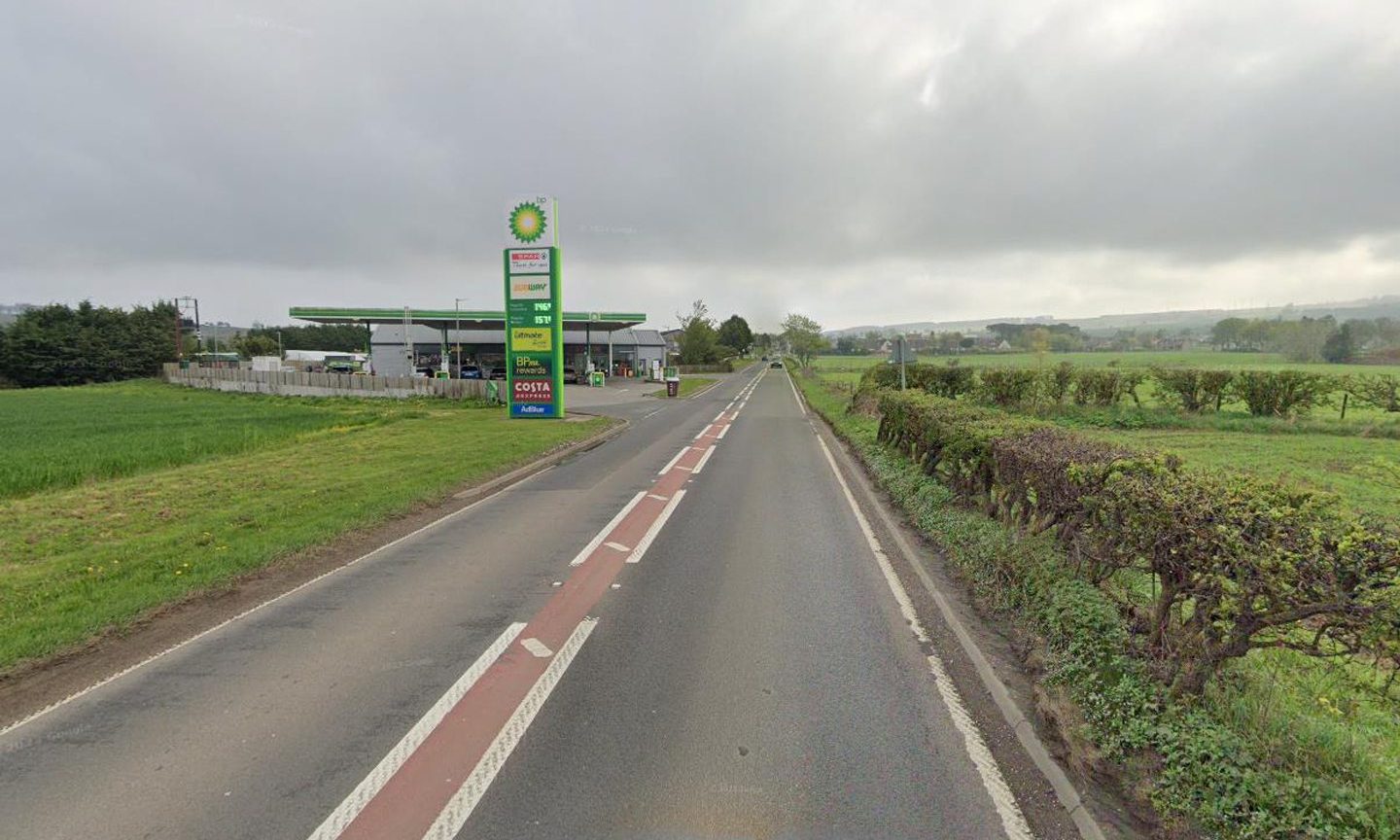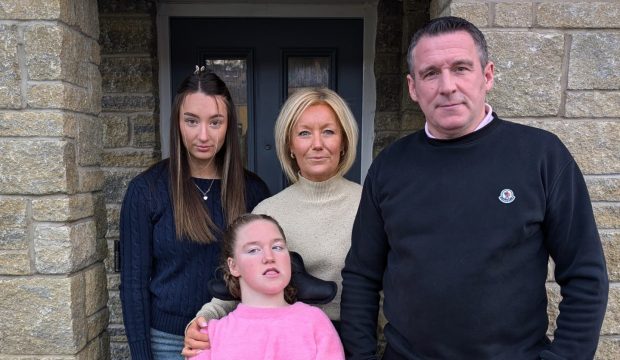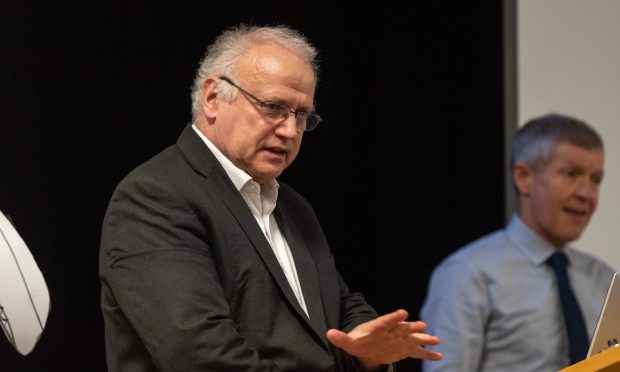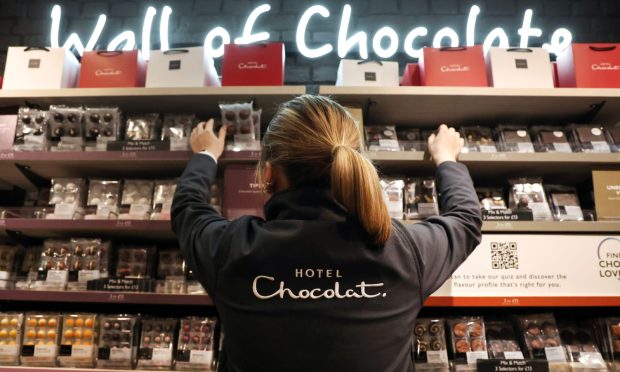Political battle lines have been drawn in the fight for the future of education in Fife.
The region’s joint Labour-SNP administration fended off separate sustained attacks from rival Conservative and Liberal Democrat factions over the Scottish Government’s controversial “Next Steps” education programme.
The initiative, hailed as Holyrood’s “vision for education”, was defended by the power-sharing parties at Fife House in a heated debate in the council chamber.
In one of the first major tests of the dual-leadership arrangement, Conservative councillor Tony Miklinski said that the establishment of “Stalinist-era” regional collectives would undermine accountability.
“Right now we have sole responsibility for education attainment in Fife,” he said.
“Under Next Steps that is being shifted to Holyrood and local authorities side-lined.
“How does that improve the system? Based on what evidence? Who does a disgruntled parent call?
“We do not know and the devil will be in the detail. The SNP’s education proposals are all over the place.”
The Conservative efforts were backed by local Liberal Democrats with James Calder calling the plans “half-baked”, while his party leader Tim Brett said Fife was “paying the price” for other regions failings.
Six so-called “improvement collaboratives” are to be established throughout Scotland, with the education boards scheduled to have detailed improvement plans in place by January.
Agreement to the formation of the cross-region bodies was approved with councils after many initially expressed fears that they would lose influence over educational decisions.
Defending the new system, Fife Council co-leader David Ross said that his initial fears had been eased following recent discussions.
He added: “I know that the devil is in the detail but we have the opportunity to shape that detail.
“There are still improvements to be made and we can learn from others and we should be making the most of that.”
Fellow co-leader David Alexander criticised the Conservatives and Liberal Democrats, accusing them of political opportunism.
He added: “Everyone is going to benefit from what Fife is doing and that has to be a good thing.
“There is no place in education for politics.”
